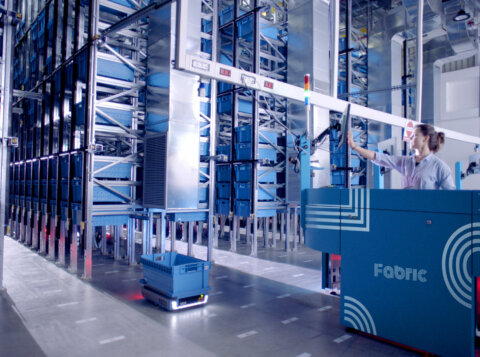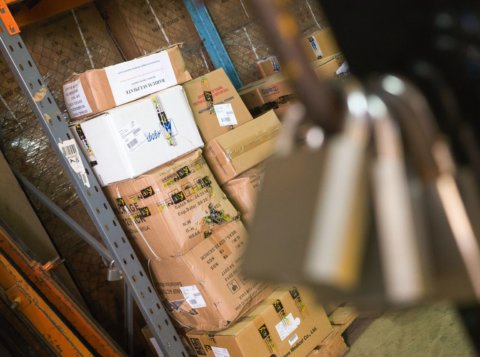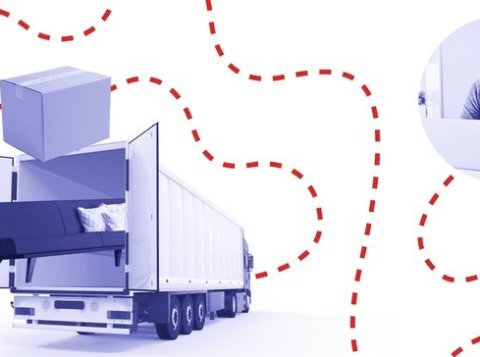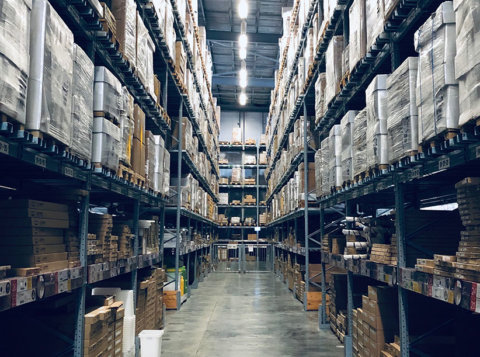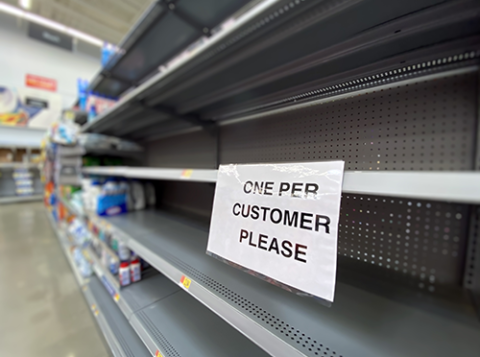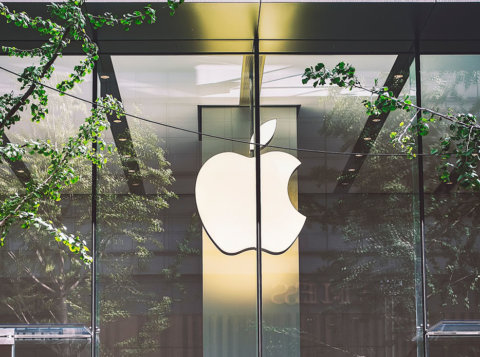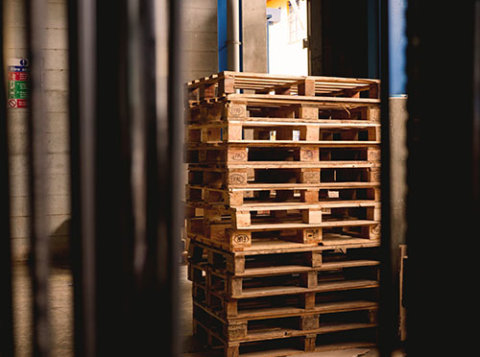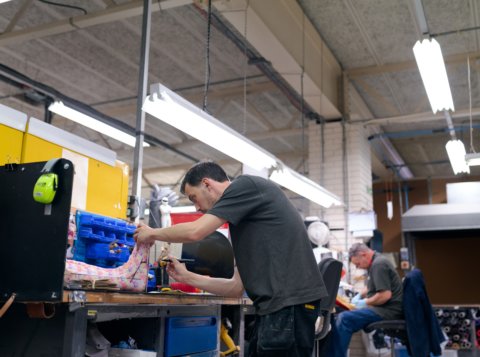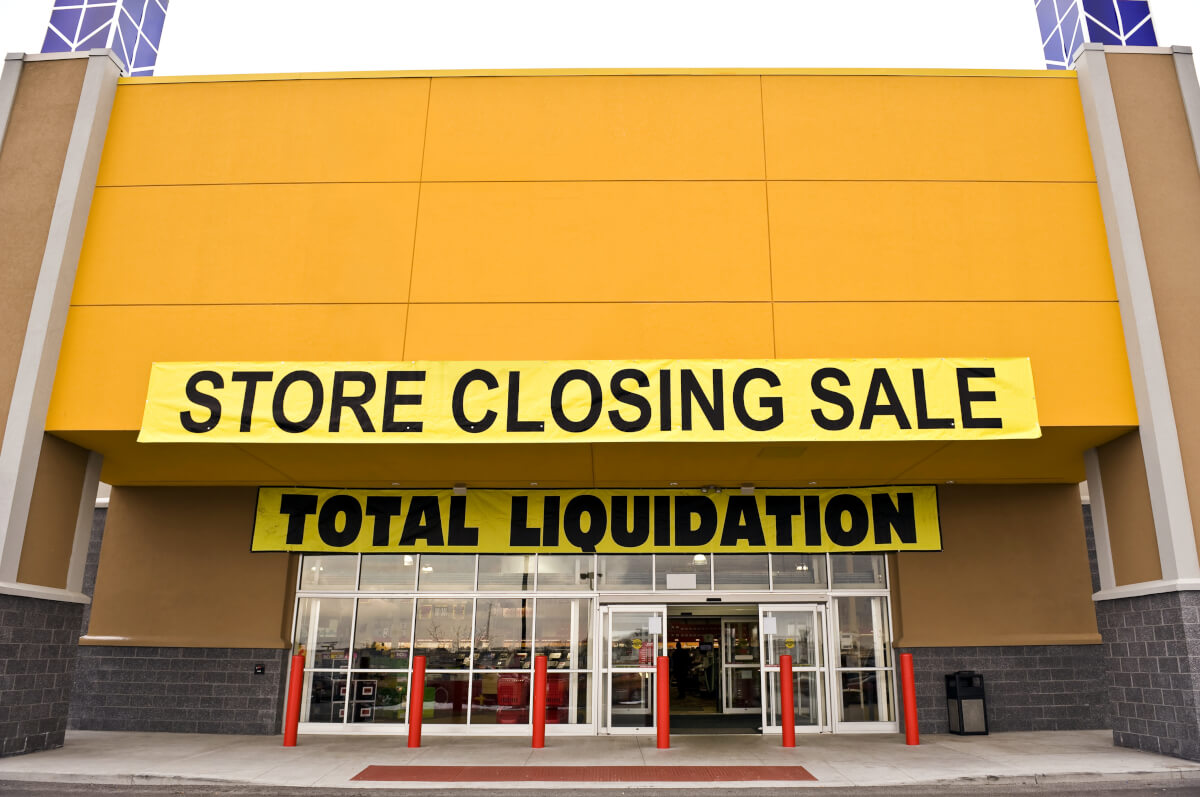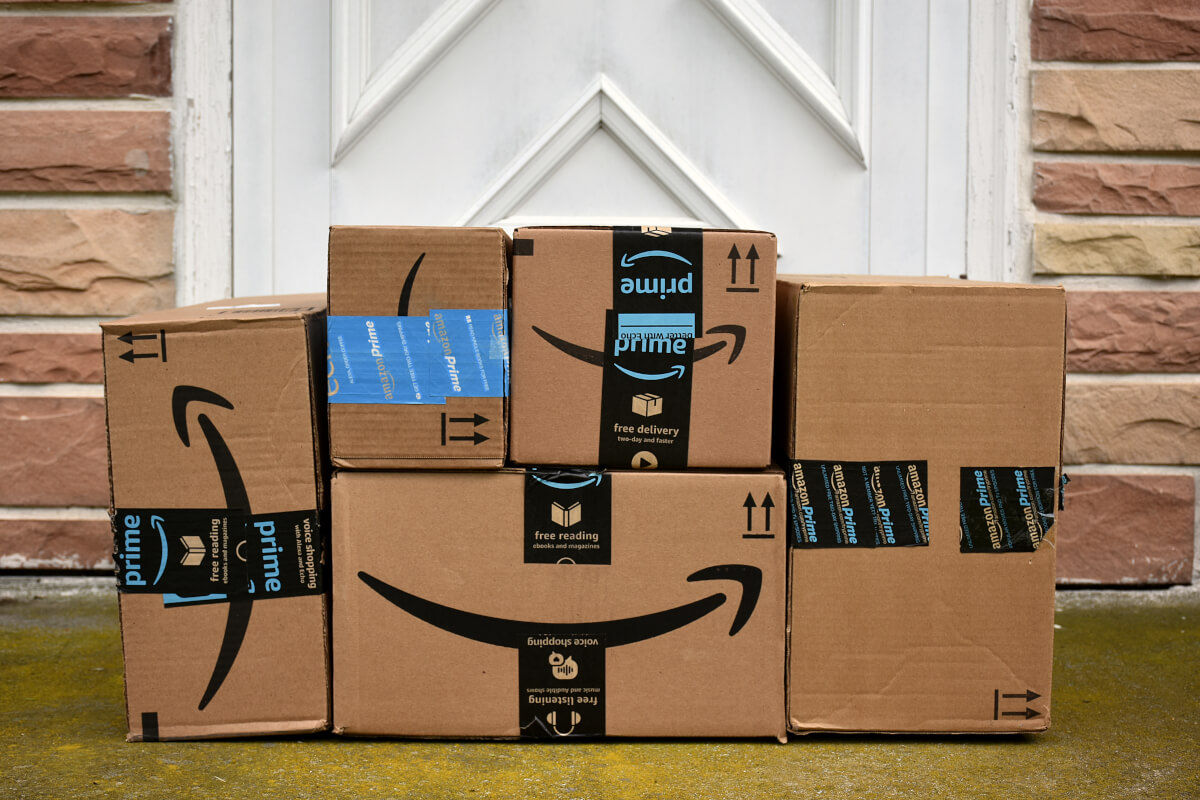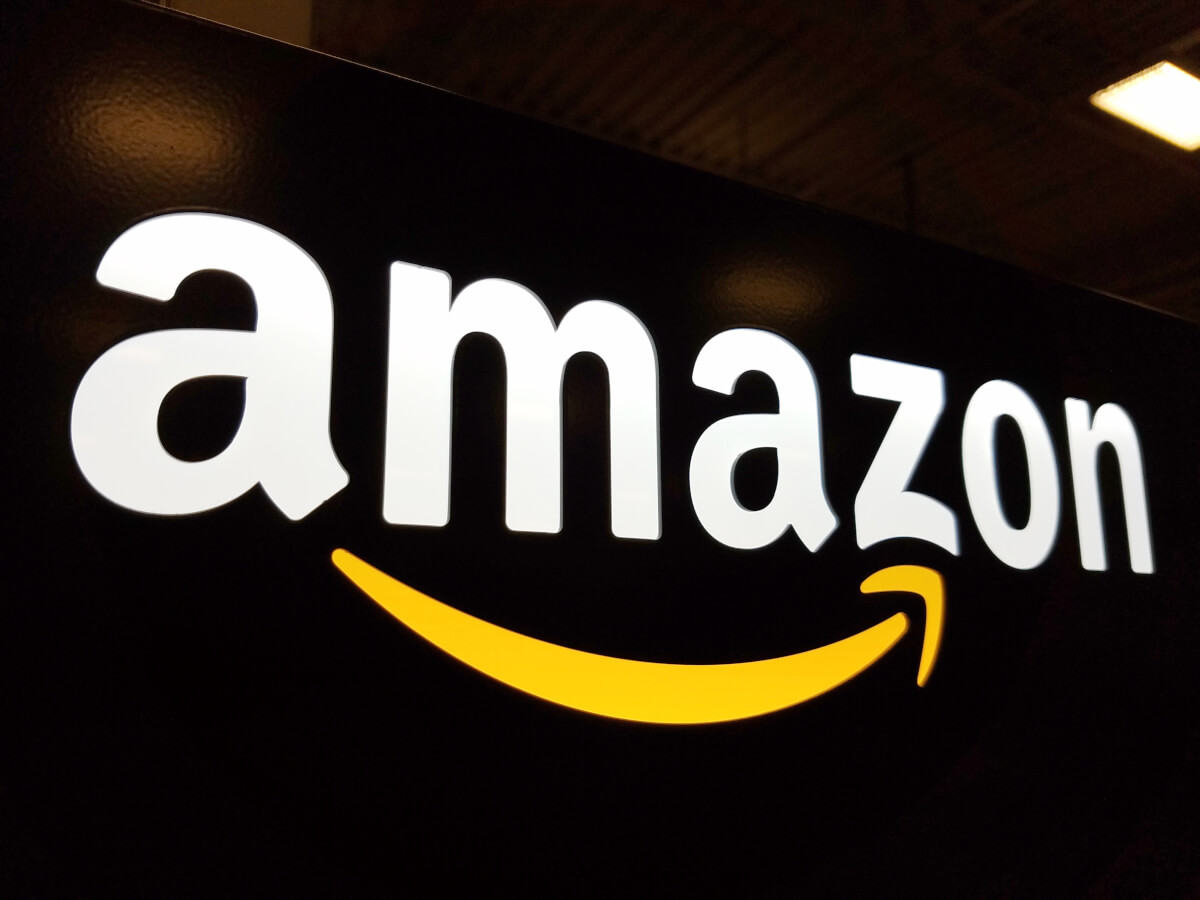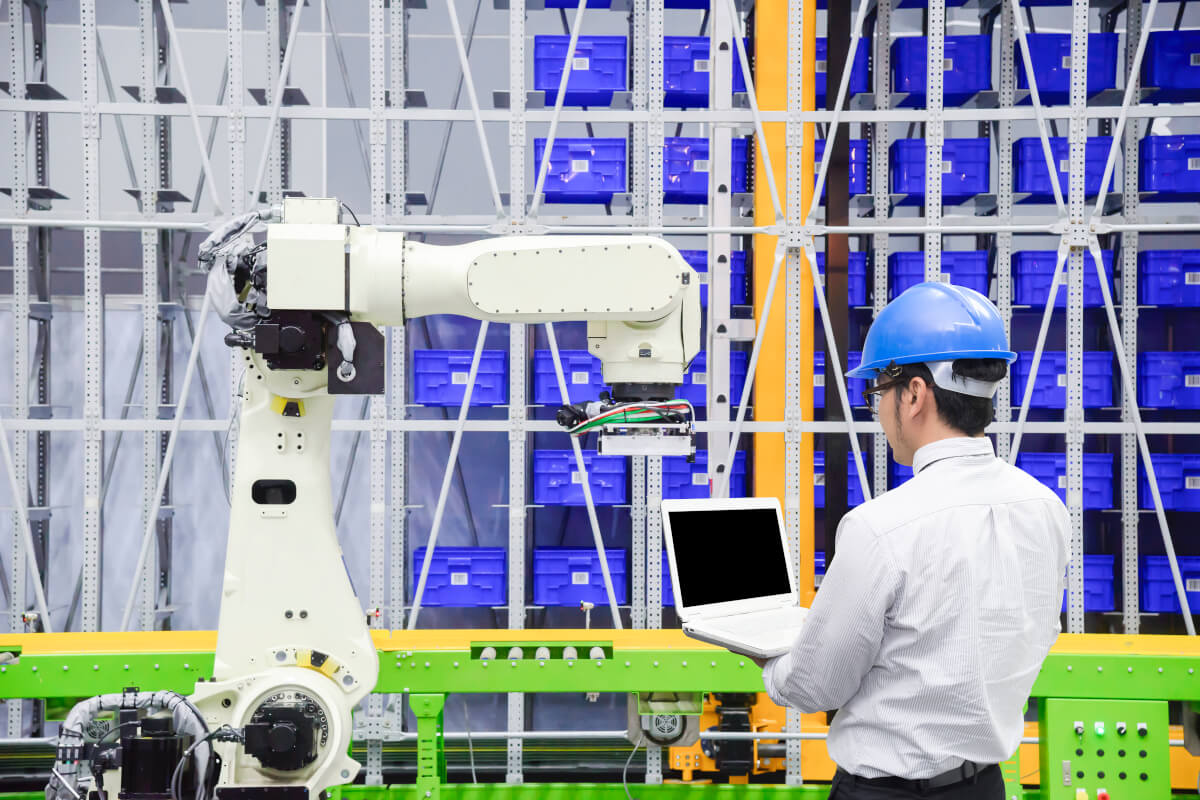Opinion: Amazon Innovations Force Supply Chain Change
Although widely regarded as innovative, Amazon’s business model has caused disruptive change, whether to its direct competitors or specific industries.
The e-commerce giant’s entry into directly managing the distribution of its products has led to massive changes in the trucking and freight transportation industries and likely will lead to more over time.
In a bold move into the transportation realm, we saw the unveiling of the first Prime Air branded cargo aircraft at the Seattle annual Seafair Air Show over two years ago. Then, there was Amazon’s purchase of thousands of semi-trailers, which no one can deny catching sight of on our roadways across the country. In addition, there’s the aggressive creation of the Amazon Flex platform, which allows for an Uber-like crowdsourced ground delivery network that aims to relieve itself of the pains related to last-mile delivery in terms of cost, risk and customer experience.
Some key concepts should be kept in mind when it comes to Amazon: the retailer’s dedication to a positive customer experience as well as vertically integrating operations wherever possible. These are visible in everything from its entry into the cloud services market to its competitive pricing structures or its acquisition of Whole Foods.
Last-Mile Delivery
Amazon’s ultimate goal is likely a complete, door-to-door delivery service that no longer needs to rely on any specific providers for last-mile delivery, along with increased internal freight capacity. Among its recent major developments, Amazon moved from relying heavily on third-party services for delivery to a focus on amassing its own fleet of semi-trailers, building a network of independent contractors and working on development of drones that could — someday in the future — handle last-mile delivery.
The financial implications related to last-mile delivery are well known among businesses that ship products to customers, with this short distance accounting for as much as 28% of the total delivery cost.
Amazon’s decision to bring several delivery needs in house is clearly in line with its past actions centered on financial efficiency and improving customer service. The Flex platform, which independent contractors use to find last-mile deliveries, also could disrupt 3PLs and over-the-road carriers as its focus broadens to create a market in which shippers can find providers of freight transport. This sort of widespread change, which encroaches on the traditional territory and business practices of 3PLs and over- the-road carriers, is another indication of Amazon’s ability to disrupt current systems for its benefit.
Partner or Compete
If Amazon implements a broad-based marketplace for shippers and transporters that is successful, many in trucking and freight transportation will be forced to either partner with the company on some level or decide not to partner with it, essentially competing with it. The transportation market as a whole is especially vulnerable to these decisions.
Amazon has steadily moved away from working with FedEx, UPS and similar motor carriers. Its demanding customers means it can’t continue to rely on outside providers to handle fulfillment, especially along the last mile where purchases ultimately reach consumers.
Beyond making the decision on whether to partner with Amazon, the transportation industry must follow Amazon’s lead and make financial and operational commitments to innovation, technology and cost control. However, the most vital commitment is cost control.
This industry, like many others, is in a race to the bottom in terms of pushing down expenses and ultimately consumer prices. The savings won’t come from areas where investment is needed, such as technology, so transportation companies must develop centralized cost control groups and invest significant time and money into cost control in a fiscally responsible, yet sustainable, way.
The bottom line is that the transportation industry must make a conscious effort to move on from outdated cultures, behaviors and processes to continue moving forward in this rapidly changing, dynamic environment.
Sean Maharaj is a managing director in the transportation logistics and retail practices of AArete, a global consulting firm specializing in data-informed performance improvement.

